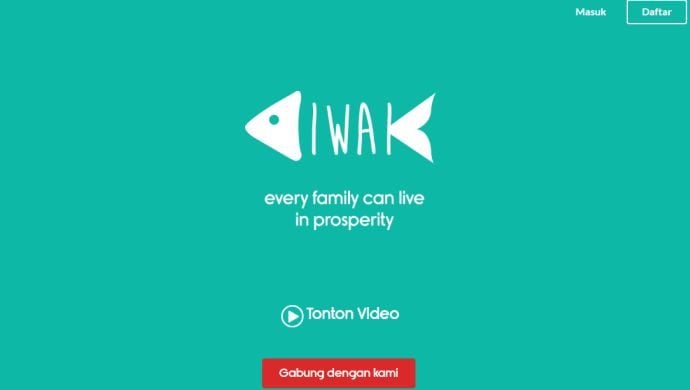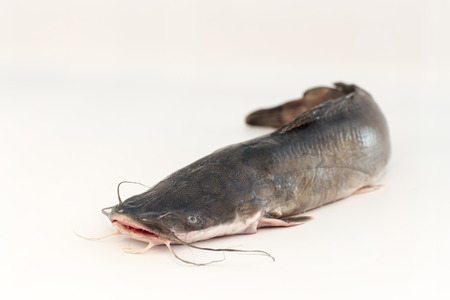Jogjakarta-based IWAK aims to improve the livelihood of local farmers, one pool at a time

IWAK Co-Founder Rushan Faizal was one of the very few students in Nganjuk regency, East Java, who had the privilege to continue his higher education in Gadjah Mada University (UGM), Jogjakarta.
Once he had left the comfort of home, he learned about the great economic disparity among Indonesians living in the urban and rural areas.
“If we’re talking about potentials, about 88 per cent of Nganjuk consists of unused lands, rivers, and rice paddies. The next question will be how to use these [potentials] to sustainably improve livelihood?” says Hestyriani Anisa, IWAK Co-Founder, in a phone conversation with e27.
Also Read: Agritech startup Eragano reaps funding from East Ventures
After conducting several researches, the co-founders then decided that freshwater fishery is the answer.
“Freshwater fishery tends to be easier to learn, especially considering the natural condition in Nganjuk itself. So why don’t we utilise this to support society’s welfare in the area? That’s where the idea to build IWAK came from,” she explains.
IWAK itself is a P2P lending platform that connects potential investors with catfish farmers in the villages surrounding Nganjuk regency. Launched in November 2015, the platform aims to help catfish farmers solve one of the key challenges faced by the industry, which is funding.
Also Read: Agritech startup iGrow reaps seed funding from East Ventures, 500 Startups
“When we are giving the microfund to the farmers, we don’t just give them the funding, but also mentoring, a certainty in distribution access, as well as more affordable production facilities,” Anisa says.
There are also some specific reasons why the startup chose to focus on catfish farming.
“Catfishes are resilient, and easy to cultivate. The pricing is also relatively stable, and there is a high demand, not only in Indonesia, but also in international market,” she says, citing China, Thailand, and Vietnam as Indonesian catfish farmers’ main target markets for export.
Also Read: Indonesian agritech startup Limakilo reaps seed funding from East Ventures

Catfish
Fishing for growth
By June 2016, IWAK claims that they have grown their user base by 30 times, particularly since local media started to pay attention to their business. The growth was so rapid that the startup had to temporarily halt investor submission, in order to upgrade their system.
“We provide real-time data for investors to monitor the progress of their investment, who their farmers are, the performance of each pool … Everything is served real-time. We were concerned that the upgrade will disturb the real-time process, so we decided to temporarily halt it,” Anisa explains.
She agrees that the greatest challenge in running this business is to balance between the number of farmers and investors in the platform.
“We need to be extra careful in that,” she says.
At the moment, IWAK claims to have successfully gathered 279 investors to help 15 families with 68 catfish pools in total.
IWAK investors are mostly aged between 25 to 40 years old, and they are located across different cities in Indonesia.
Also Read: Joint Israel-India, four-city hackathon to tackle health in rural India
“Investors are drawn to join with IWAK not because they are interested in the investment, or the prospect of catfish business itself, but to the vision that we carry,” Anisa says.
Currently run by a team of 15, which consists partially of UGM students, IWAK is based in Jogjakarta though it also has ground teams in the three villages around Nganjuk where it operates. The business is self-funded, though Anisa hinted that the startup is currently in the process of raising for its seed funding.
“We do have plan to expand to other region, but up until the end of this year, we still want to focus on Nganjuk,” she says.
“We aim to manage 100 pools by the end of 2016, by empowering up to 50 families,” she closes.
—
Image Credit: 123RF
The post From the villages of East Java, this startup wants to connect catfish farmers to investors appeared first on e27.